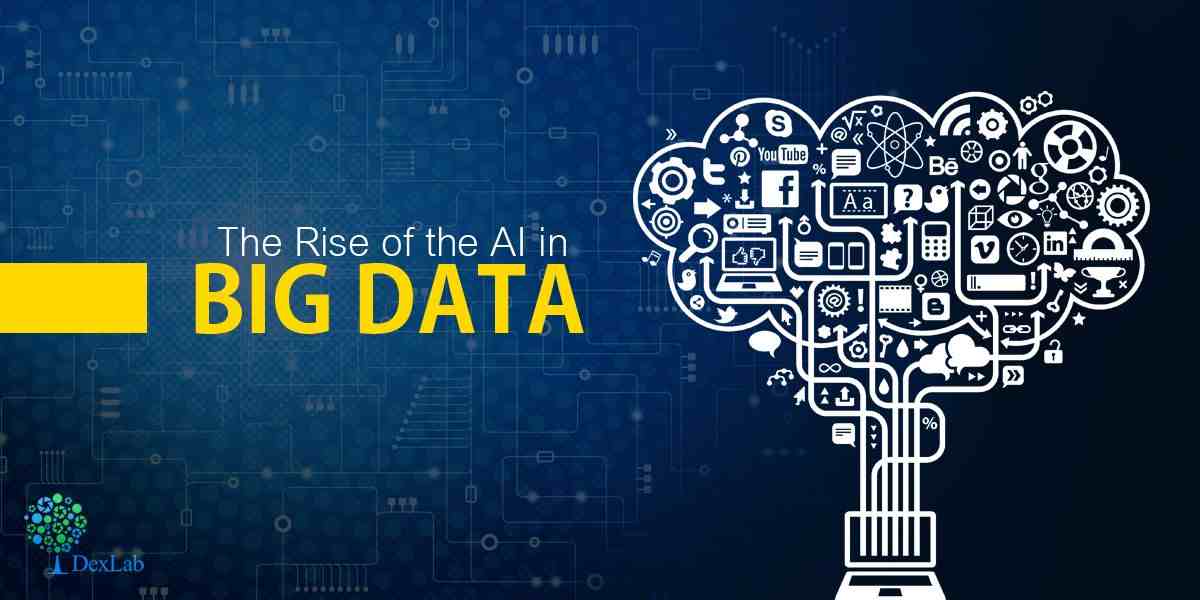Learn Big Data For Free & Get Completion Certificates
Big Data refers to data sets that are too large or complex for traditional data-processing software to manage. While having more data points increases statistical power, it also introduces challenges such as higher false discovery rates. The main issues in big data analysis include data collection, storage, analysis, and privacy, among others. The concepts of volume, variety, velocity, and veracity are key to understanding big data. Without proper investment, the sheer volume and diversity of data can become costly and risky for companies.
Key Highlights of Our Free Big Data Courses
- Comprehensive Coverage: Learn data analysis techniques like A/B testing, machine learning, and natural language processing.
- Technology Focus: Gain knowledge on big data technologies including databases, cloud computing, and business intelligence.
- Data Visualization: Master the art of visualizing data using graphs, charts, and multidimensional data cubes.
Skills Covered
- Fundamentals of Big Data: Understand the basic principles and challenges of big data.
- Advanced Analytics: Learn predictive analytics, user behavior analytics, and other advanced techniques.
- Technological Proficiency: Get hands-on experience with databases, cloud computing, and high-performance computing (HPC).
- Data Visualization: Develop skills in creating clear and insightful data visualizations.
Who Should Take Our Free Big Data Courses
- Aspiring Data Scientists: If you're aiming to become a data scientist, these courses will provide the foundational and advanced skills you need.
- Big Data Engineers: Perfect for those looking to specialize in big data technologies and infrastructure.
- Business Professionals: Enhance your ability to analyze and make data-driven decisions in your business.
- Tech Enthusiasts: Anyone interested in the latest data technologies and their applications will benefit from these courses.
What Will You Learn in Free Big Data Courses
- Data Analysis Techniques: Explore methods like A/B testing and machine learning to derive insights from big data.
- Technological Ecosystem: Learn about the tools and technologies used in big data, such as distributed databases and cloud computing.
- Ethics and Privacy: Understand the ethical considerations and privacy issues related to big data.
- Real-World Applications: Study how big data is applied in industries like healthcare, finance, and urban planning.
- Career Pathways: Discover potential careers as a Data Scientist, Big Data Engineer, Machine Learning Engineer, and more.
Career Scope
Now that you have more than enough reasons to build your career by acquiring skills in Big Data and learning to work with various Big Data tools, you realize its scope in the industry. Relish the opportunity to build your career as:
- Data Scientist
- Big Data Engineer
- Big Data Analyst
- Data Visualization Developer
- Machine Learning Engineer
- Business Intelligence Engineer
- Business Analytics Specialist
- Machine Learning Scientist
Enrol in Great Learning’s Data Science Certificate Courses and gain expertise badged by a PG certificate recognized by a world-class university.
Frequently Asked Questions
What are the prerequisites to learn these Big Data courses?
These courses are designed to cater to those seeking to learn big data from the basics and understand advanced concepts as well. So, you don’t need a prior understanding before learning from these free Big Data courses.
How can I learn Big Data for free?
Enroll in Great Learning Academy to learn Big Data for free online and earn free Big Data certificates.
Can I learn Big Data on my own?
You can learn big data independently, but it is much more effortless with expert guidance. You can refer to the attached study materials in the courses to gain additional knowledge.
How long does it take to complete these Big Data courses?
These free online Big Data courses contain video content from 1-19 hours. You can, however, learn them at your leisure since these courses are self-paced.
Will I get certificates after completing these free Big Data courses?
Yes, you will earn free Big Data certificates for each course after qualifying in the quizzes.
What knowledge and skills will I gain upon completing these free Big Data courses?
These free courses help you understand Big Data, Hadoop, and Big Data Analytics and also impart skills to work with Big Data tools like Apache Hive, Cassandra, Spark, and PySpark. You will learn to work with these technologies through demonstrations and sample code snippets.
Will I have lifetime access to these Big Data courses with certificates?
You will have access to these free Big Data courses after successfully enrolling. You can also access these free Big Data certificates for each course after you have completed the course by qualifying in the quizzes.
How much do these Big Data courses cost?
These are free online Big Data courses. You can learn these courses on the Great Learning Academy platform without paying.
Who are eligible to take these free Big Data courses?
These courses cater to any learning enthusiast interested in developing big data and analytics skills. So enroll in these Big Data courses today and learn them for free online.
What are my next learning options after these Big Data courses?
After thoroughly understanding Big Data through these free courses, you can extend your learning through Data Science and Business Analytics course and advance your career through various handsomely paying designations.
Is it worth learning Big Data?
Yes, it is worth gaining skills in Big Data. Big Data is a technology in development. We can build better and more effective models the more data we have. These advancements have prompted significant expenditures in data science. This industry has a significant and growing need for workers, and in the modern mechanical world, there is a great need for Data Scientists and Analysts. This is the rationale behind the popularity of data science careers.
Why is Big Data so popular?
Organizations harness their data and use big data analytics to find new opportunities. This results in thoughtful company decisions, more effective operations, greater profitability, and happier clients. Businesses that inculcate big data and advanced analytics benefit in multiple ways, including cost reduction.
What jobs demand you learn Big Data?
Learning Big Data offers various job opportunities to both freshers, and those looking to position themselves in higher designations, like:
- Data Scientist
- Big Data Engineer
- Big Data Analyst
- Data Visualization Developer
- Machine Learning Engineer
- Business Intelligence Engineer
- Business Analytics Specialist
- Machine Learning Scientist
Why take Big Data courses from Great Learning Academy?
Great Learning, a popular ed-tech firm, believes in transforming lives. Worth the while, free online courses are offered by the Great Learning Academy initiative to help learners, trained by industry experts, excel in the fields they are interested in free of cost. More than 5 million students in 140 countries have benefited from Great Learning Academy's free online courses with certificates. Furthermore, it offers students a variety of assignments and projects to work on to brush up on and improve their skill set. These courses give you a solid foundation for learning big data basics and big data analytics and equip you with advanced skills in building big data models using various technologies. These online courses include demonstrations and techniques essential to create competing big data models by employing different tools like Hive, Cassandra, Spark, and PySpark for a better understanding.
What are the steps to enroll in these free Big Data courses?
To learn Big Data concepts and knowledge to work on various platforms, you need to:
- Go to the course page
- Click on the “Enroll for Free” button
- Start learning Big Data courses for free online.



























